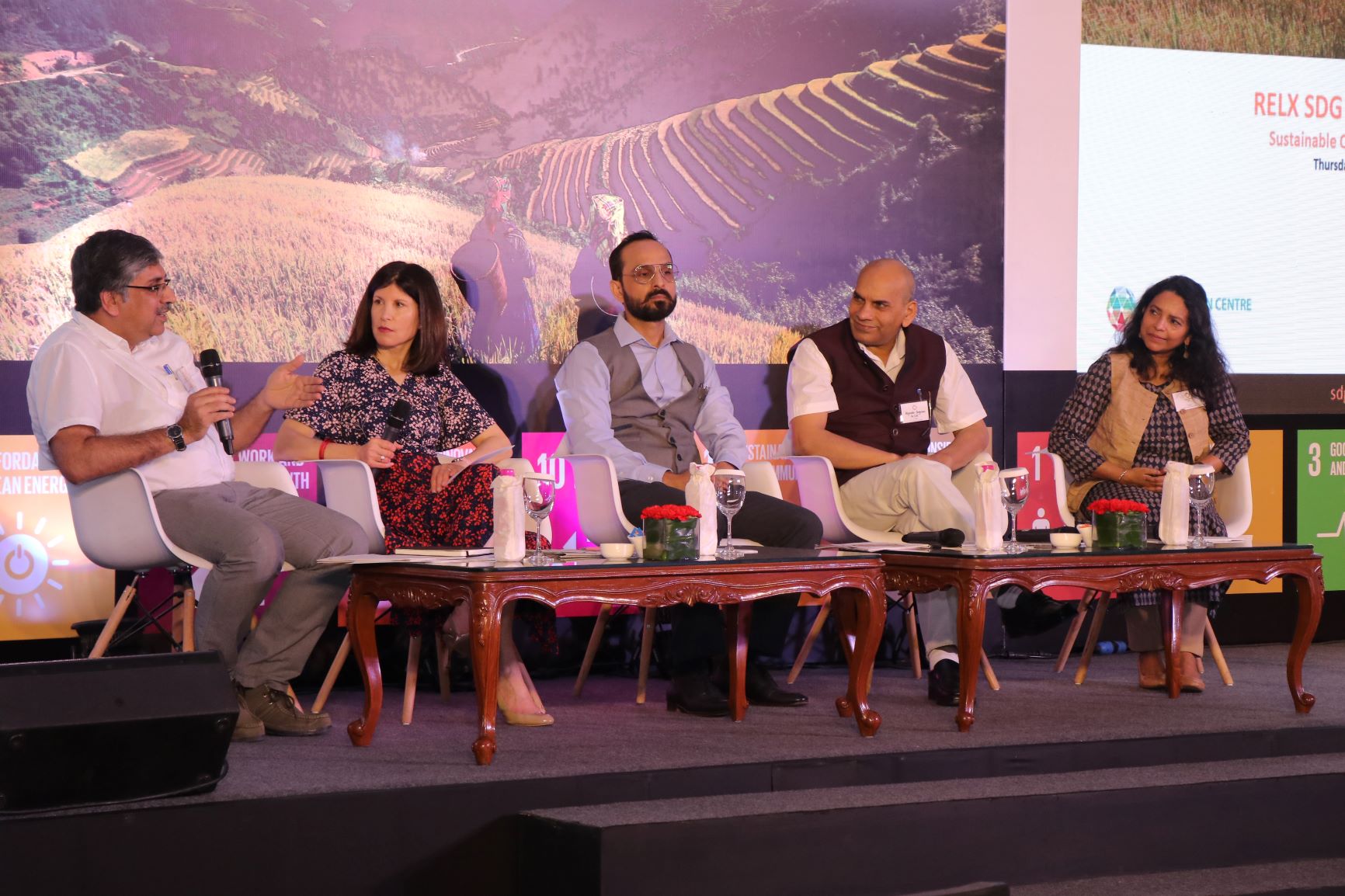Multi-stakeholder partnerships play a pivotal role in advancing the United Nations' Sustainable Development Goals (SDGs). Recognizing the scale and complexity of the global challenges the SDGs aim to address, these partnerships bring together actors from the public sector, private sector, civil society, academia, and more. By leveraging the unique resources, perspectives, and capabilities of diverse stakeholders, these partnerships can significantly enhance our collective ability to achieve the SDGs.
Multi-stakeholder partnerships can facilitate innovative solutions to complex issues. For example, collaborations between technology companies, governments, and NGOs can create digital solutions that improve access to education (SDG 4) or health services (SDG 3). By sharing knowledge and resources, partnerships can also address the issue of poverty (SDG 1) by creating sustainable job opportunities, providing financial resources, and offering necessary training and education.
Beyond fostering innovation, these partnerships promote inclusivity and leave no one behind, a fundamental principle of the SDGs. By ensuring that all voices are heard - from marginalized communities to large corporations - multi-stakeholder partnerships can create solutions that are equitable and effective, thereby promoting SDG 10, which calls for reduced inequalities.
Additionally, multi-stakeholder partnerships exemplify the spirit of SDG 17, which advocates for the strengthening of the means of implementation and revitalization of the global partnership for sustainable development. SDG 17 acknowledges that our global challenges are interconnected and that collaborative and coordinated efforts are crucial to achieving the SDGs.
However, to be effective, multi-stakeholder partnerships must be governed by principles of transparency, accountability, and mutual respect. Clear communication, defined roles and responsibilities, and regular assessments of progress are also crucial for success.
Partner content
United Nations Global Compact, June 2019
The “build back better” (BBB) approach to disaster recovery was first introduced in 2006 by the United Nations Secretary-General's Special Envoy for Tsunami Recovery, former US President William Clinton. In 2015, BBB became the second half of Priority 4 of the Sendai Framework for Disaster Risk Reduction 2015–2030, in recognition of its widespread use and adoption among disaster risk management practitioners, policy-makers, and researchers.
Partner content
United Nations University, New York, March 2019.
Partner content
United Nations University, February 2019.

